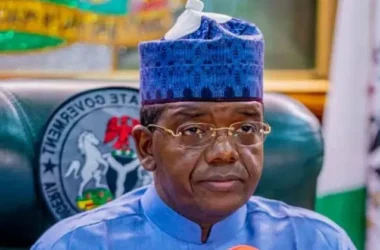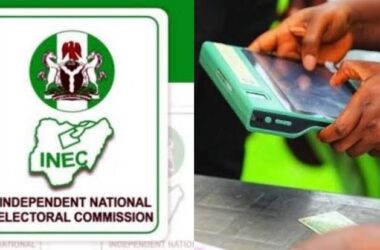Nigerians, particularly those in low-income brackets, may not see relief from soaring food prices anytime soon as the federal government’s zero import duty policy on essential food items has encountered significant challenges.
The initiative, which was intended to ease inflation by lowering food costs, is struggling to get off the ground due to poor coordination among government agencies, confusion over directives, and other economic difficulties.
The zero-duty policy, announced by President Bola Tinubu, aimed to provide temporary relief by allowing a 150-day duty-free import window for key food commodities.
The idea was to stabilize food prices and tackle the inflationary pressures that have been weighing heavily on the population since Tinubu assumed office in May 2023.
Inflation, which was already high at 22.4% at the time of his inauguration, has continued to rise sharply, hitting a peak of 34.19% in June 2024 before slightly easing in subsequent months.
Despite the intent behind the duty-free window, the National Bureau of Statistics (NBS) reported that inflation climbed back to 32.7% in September 2024, signaling that the desired effects of the policy are far from being realized.
Analysts warn that without swift and decisive implementation of the zero-duty program, food prices will continue to rise, exacerbating the hardships faced by millions of Nigerians.
The failure to roll out the zero-duty policy as planned can largely be attributed to a lack of clear directives and disagreements between the government agencies tasked with implementing the policy.
According to reports, the Ministry of Finance delayed issuing the necessary directives to customs authorities, resulting in a two-month setback.
Even after the Nigeria Customs Service (NCS) confirmed on August 15, 2024, that it was ready to begin implementation, the program has remained stuck in bureaucratic gridlock.
Customs agents and other stakeholders have expressed frustration over the conflicting messages from different government bodies, with some agencies becoming increasingly evasive when asked for updates on the program’s status.
Lucky Amiwero, President of the National Council of Managing Directors of Licensed Customs Agents (NCMDLCA), voiced his dissatisfaction with the situation, highlighting the lack of coordination among the agencies involved.
“After our last petition seeking clarification on the implementation date, the government hasn’t responded. We only received feedback from the Federal Inland Revenue Service; there has been no clarification from any other government agency,” he said.
Amiwero went on to criticize the government for its failure to follow through on its own policy, which he fears will have serious consequences for the economy if not addressed promptly.
Beyond the administrative delays, some experts are questioning whether the zero import duty policy is the right solution to Nigeria’s inflation problems.
Analysts at Afrinvest, a Lagos-based investment firm, argue that the policy is unlikely to deliver significant results due to deep-rooted issues in Nigeria’s agricultural and infrastructural systems.
In a report, Afrinvest warned that the 150-day window might be insufficient to make a meaningful impact on food prices without addressing the structural challenges that plague the agricultural sector.
Afrinvest also pointed out that inflation and the exchange rate fluctuations have already undermined the intended benefits of the policy.
Food inflation remains high, with imported food prices rising by 3.1 percentage points to 39.5% year-on-year. Additionally, the Naira has depreciated by over 5.5% in the official market and nearly 10% in the parallel market since the policy was introduced, further driving up the cost of essential imports.










